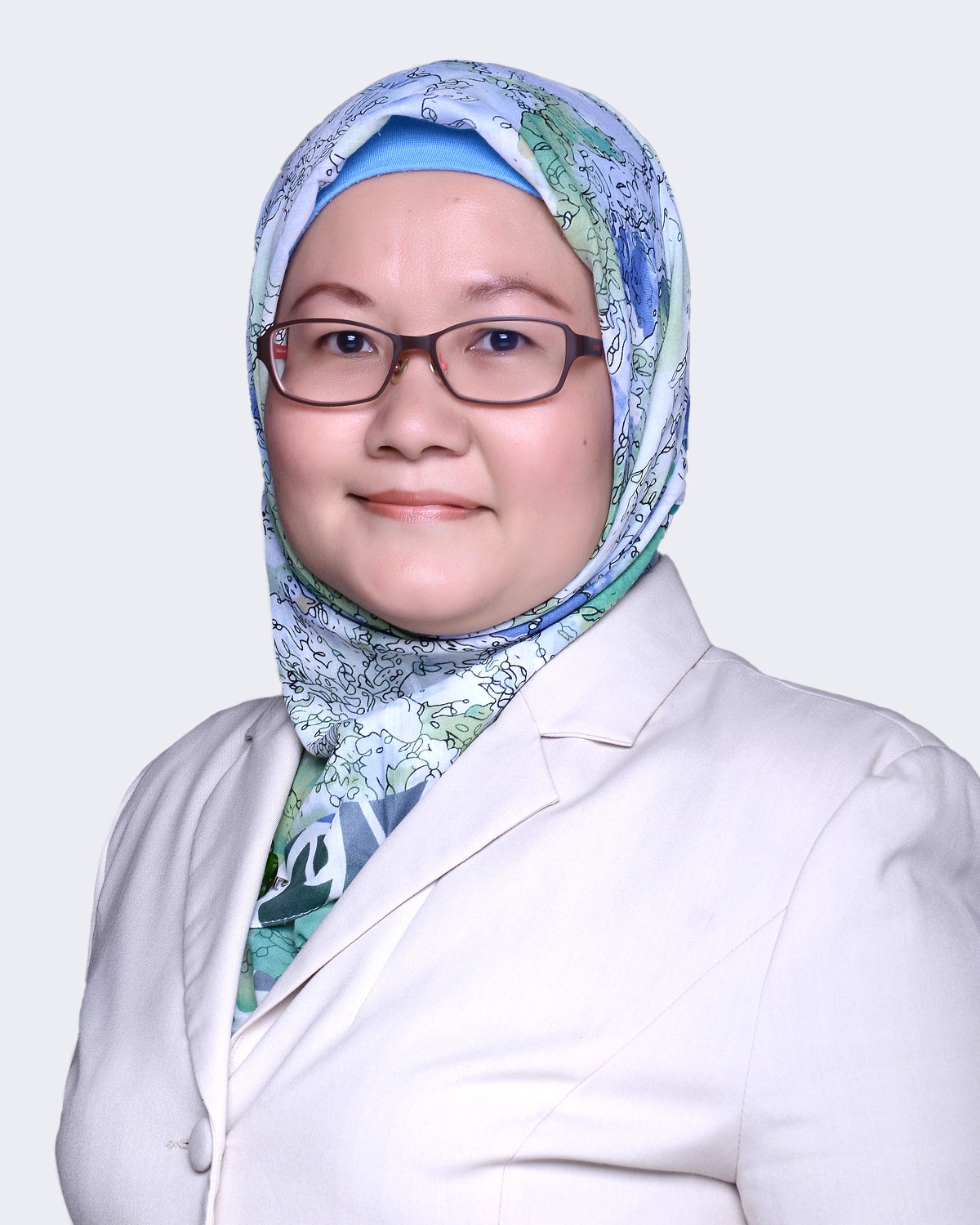On October 28, 2024, Indonesia officially amended its existing Patent Law when the president ratified Law Number 65 of 2024. This comprehensive update—the third such amendment in the history of Indonesia’s Patent Law—introduces several key changes that will significantly impact patent protection and application processes in Indonesia.
Key highlights and changes are outlined below.
Definition of Invention
The new law broadens the definition of “invention” to explicitly include systems, methods, and uses. Additionally, the law introduces formal definitions for traditional knowledge and genetic resources.
Patentability Criteria
Notable changes include:
- Computer programs are now excluded, with an exception for computer-implemented inventions.
- Theories and methods in science and mathematics are added to the list of excluded inventions.
- Previous restrictions on new uses of existing products are removed.
Grace Periods
The grace periods for some patent-related actions have been adjusted:
- The grace period for disclosures has been extended to 12 months (from 6 months previously), providing inventors with more flexibility in filing patent applications after initial disclosure.
- A newly introduced item is the grace period for a conventional patent application claiming priority rights, which is 4 months after the 12-month filing deadline under the Paris Convention.
- The grace period for annuity payments is 6 months (from 12 months previously) with a fine for late payments of 100% of the annual fee payable.
Patent Holder Rights and Obligations
Patent holders can now grant permissions to enforce patents. There is a new requirement for patent holders to submit annual statements on patent implementation in Indonesia.
Compulsory Licensing
Significant changes to compulsory licensing include:
- Establishment of licenses based on the principle of expediency.
- Limitations on license scope and transferability.
- Prioritization of domestic market needs.
- New provisions for technical improvements and economic significance.
Government Patent Exploitation
The new law contains specific provisions for the government’s implementation of patents related to the import and export of pharmaceutical products for the treatment of human diseases.
Administrative Procedures
There are a number of key procedural changes under the new law:
- For patent applications, statements of ownership are no longer required for inventions in general. However, statements of origin are required if the invention pertains to genetic resources or traditional knowledge.
- For applications deemed withdrawn due to incomplete requirements, it is now possible to refile the application within six months of the notification letter deeming the application to be withdrawn.
- The new law provides additional options for early substantive examination by request prior to the publication of the application.
- The new law allows requests to repeat substantive examination as an alternative to an appeal. Similar to an appeal, a request to repeat substantive examination can be filed against rejected applications; corrections of granted description, claims, or drawings; and decisions to grant a patent. In addition, requests to repeat substantive examination can also be filed against withdrawals and applications deemed withdrawn. Requests to repeat substantive examination must be filed within nine months of the date of issuance of the grant notification, refusal, or withdrawal decision; while requests to repeat substantive examination against withdrawals must be filed within two months of the decision date on the withdrawal of the application.
- Appeals against Directorate General of Intellectual Property decisions involving repeat substantive examination follow the timelines laid out for the relevant action in the previous law.
Bolar Provisions
The new law allows the production of pharmaceutical products protected by patents in Indonesia at any time before the expiration of patent protection. Previously, such production was limited to the five years prior to the expiration of patent protection. This is specifically for licensing and research purposes, with the aim of marketing the product after the patent protection expires.
Implications
The new Patent Law represents a significant evolution in Indonesia’s intellectual property landscape. Businesses and inventors should review existing and planned patent applications to ensure compliance with new definitions and exclusions, and adjust their strategies accordingly. To facilitate future compliance and mitigate risk, it may also be prudent to review any expanded grace period implications and evaluate potential compulsory licensing scenarios.
For more details on Indonesia’s amended legal framework for patents, or on any aspect of securing intellectual property in Indonesia, please contact Tilleke & Gibbins at [email protected].






